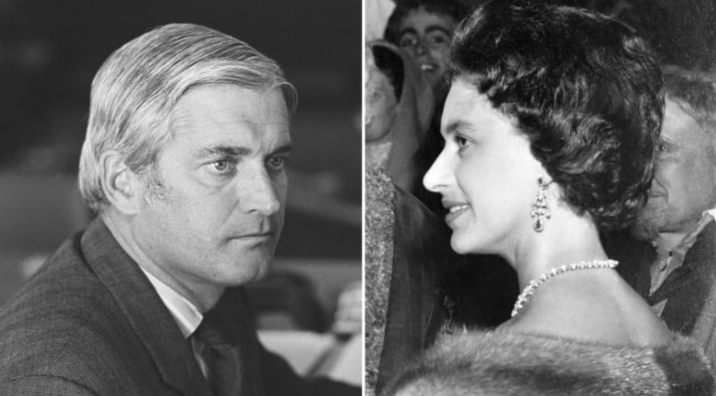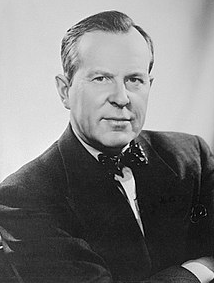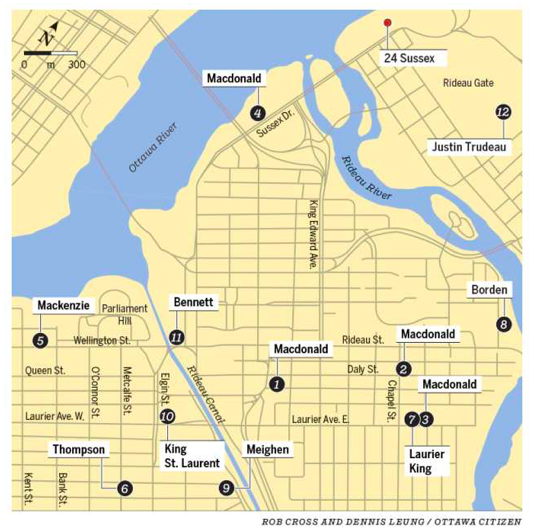John Turner: Interesting Men do not always make Good Leaders
John Turner around the time of his leadership tenure - 1984. Photo credit: Al Gilbert.
If you take politics out of it, John Turner is among the most interesting prime minsters in Canadian history. He nearly married a princess, which would have made him a brother-in-law of Queen Elizabeth. And this is by Princess Margaret’s own recollection. From his glory days as a track and field star, he was once the fastest man in Canada and an Almost Olympian (which, again, if you take athletics out of it, makes him a more interesting athlete). He was raised by an intelligent and strong woman and later married another one - Geills Kilgour in 1963. Really, in his long career and life, being prime minister of Canada for 79 days is one of the least interesting things he accomplished.
Turner’s career and accomplishments (and lack thereof in the PM’s office) make an interesting study into what, if anything, are the prerequistes to be a political leader in Canada. And if someone is successful in the outside world, would that translate into a successful political leader? Sure, John Turner was a fast runner for his time, but that didn’t mean he could hold the confidence of the Canadian people.
This is also the case of Michael Ignatieff, Canadian academic and Liberal martyr. He has a long laundry list of accomplishments, has rubbed shoulders with the whose-who of progessive thinkers, and therefore seemed like an ideal candidate when the Liberals were looking for someone to de-thron Stephen Harper in 2011. He was scouted by the Liberal Party in 2006 and convinced to return to Canada (from Cambridge, Massachusetts) for an eventual leadership run. And when he got his chance in the 2011 election, he and his Liberals were whomped - like whomped. It was the worst showing by the Liberal Party in history, stealing that title away from John Turner’s showing in September 1984. Ignatieff’s Liberals lost 43 seats, winning a mere 34 seats, and putting them behind Jack Layton’s NDP, and marking the first time since Confederation that the Liberals weren’t in power or the official opposition. He wasn’t even elected in his own riding. It was bad.
Michael Ignatieff during his short reign as Liberal leader - circa 2011-ish.
Ignatieff and Turner both had careers after their affairs in Ottawa. Turner stayed on as leader of the opposition, and stayed as an MP until 1993, before returning to the private sector. And Ignatieff took his tail and went back to his studies and his successful career in academia. Accomplishments in the private sector do not automatically parlay into the PM’s office. If these two political figures and flops show us anything, it’s that
So in essence, more interesting does not make a better leader. Sometime mediocrity is more of a winning quality than princesses, academia and other famous pursuits. That’s an oddly comforting thought, isn’t it?















































